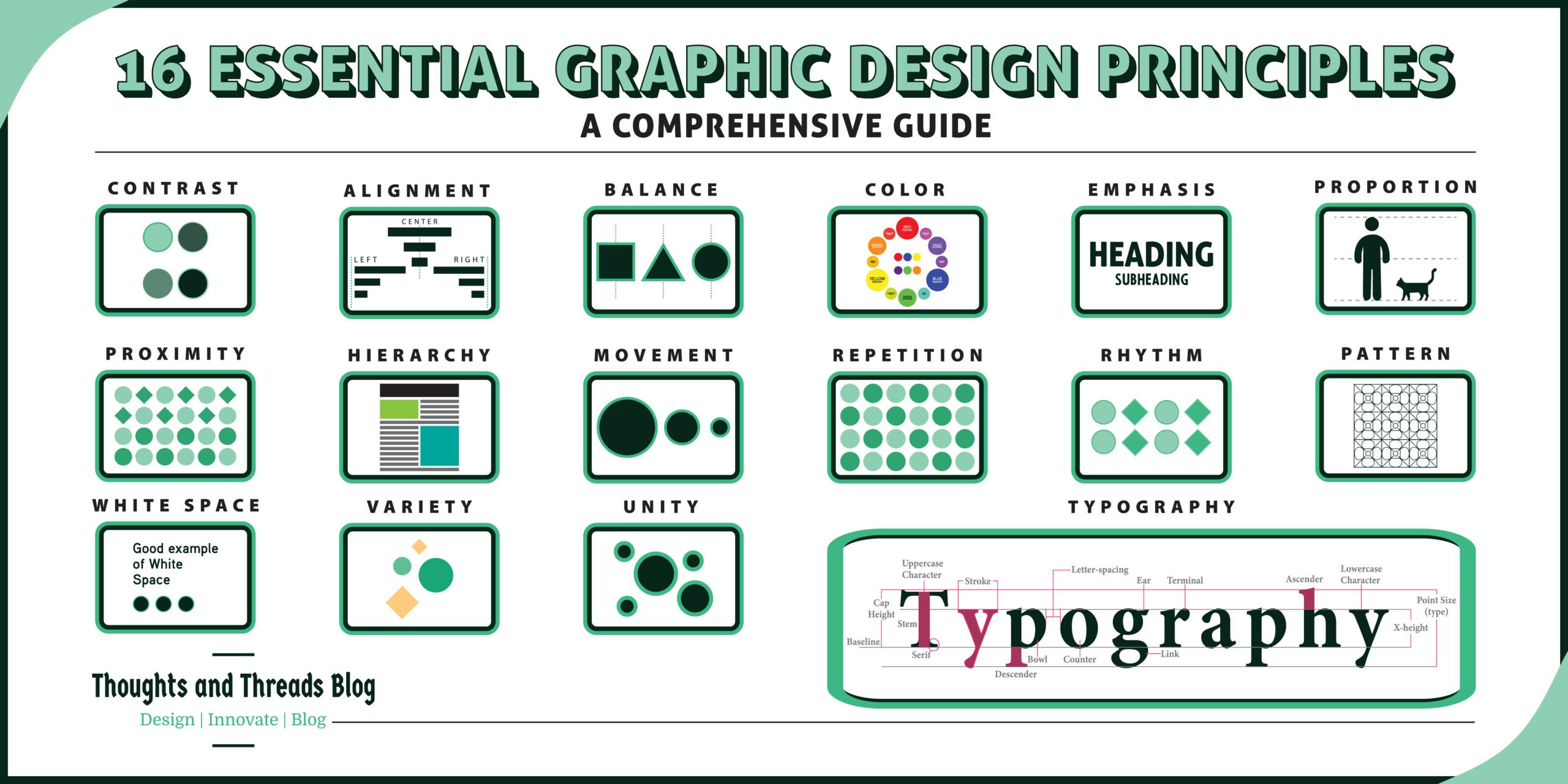Affiliate marketing is a form of online marketing strategy that involves the business rewarding the affiliates for every action taken by the consumers through the affiliate’s marketing techniques. It’s the type of relationship where companies benefit from each other, especially with increase in internet base.

However, also affiliate marketing is useful for you, if you’re a merchant willing to increase your clientele or a marketer planning to make a profitable business.
Table of Contents
How Affiliate Marketing Works
At its core, affiliate marketing involves three main players consumer and affiliate or the intermediate party and of course the merchant. A crucial activity in implementing this future is that the trafficker (or advertiser) provides the product or service. An affiliate or publisher on his part is responsible for marketing the products being offered by the trafficker through sites or blogs or social networks. Consumers need to browse the affiliate’s distinct link when they want to buy products or mileage services.
It’s also notable that affiliate networks perform the function of connecting the affiliates and merchants and confirming that all the transactions are tracked, and commission is generated.
Types of Affiliate Marketing
Unattached Affiliate Marketing
In this model, the affiliates do not get involved in contacts with the customer and the product or service being sold. They usually depend on third party revenue sharing with the use of pay-per-click advertisements to attract web traffic to the merchant’s website.
Related Affiliate Marketing
Such people must have some level of control or specification in the niche they are involved in but do not directly consume products or seek services in the niche. This model is based upon the affiliate’s reach and influence.
Involved Affiliate Marketing
Affiliates have utilized the product or service and can give testimonies on the same from their own experience. This creates the maximum level of confidence with the audience as they are assured that the information being passed to them is accurate.
Benefits of Affiliate Marketing
For Merchants:
- Cost-effective marketing strategy
- Expands market reach without significant upfront costs
- Performance-based payouts ensure ROI
For Affiliates:
- Low initial investment
- Flexibility and independence
- Potential for passive income
For Consumers:
- Access to a wider variety of products and services
- Informative content from knowledgeable affiliates
- Potential for better deals through affiliate promotions
Setting Up an Affiliate Marketing Program
Choosing a Niche:
- Identify a profitable niche with demand and manageable competition.
- Consider your interests and expertise to ensure long-term engagement.
Finding Affiliate Programs:
- Research affiliate programs that offer high commissions and reliable payments.
- Look for programs with products that align with your niche.
Building a Website or Blog:
- Create a professional website or blog as a platform for your content.
- Ensure your site is user-friendly and optimized for conversions.
Creating Quality Content
Of all the techniques used in affiliate marketing, content is the most important tool. Conduct research and create a writing plan of blog posts, helpful articles, reviews of products, making guides, and videos. The technique here will be to focus the marketing strategy on search engine optimization which would help to bring in more organic traffic. It is also crucial to mention that all of the mentioned profiles can be considered as platforms for sharing content and interacting with the audience.
Driving Traffic to Your Site
Organic Traffic:
- Optimize your site for SEO to attract visitors through search engines.
- Create high-quality, relevant content that answers your audience’s questions.
Paid Traffic:
- Use pay-per-click advertising to drive targeted traffic to your site.
- Experiment with social media ads and Google Ads to find what works best for your niche.
Email Marketing:
- Build an email list to nurture relationships with your audience.
- Send regular newsletters with valuable content and affiliate promotions.
Analyzing and Improving Performance
Use analytics tools like Google Analytics to track your site’s performance. Analyze criteria such as traffic sources, conversion rates, and user behavior to identify areas for improvement. A/ B testing different elements of your site and marketing strategies can help optimize your conversion rates.
Common Mistakes to Avoid
Avoid overloading your site with ads, which can detract from user experience. Ignoring SEO can limit your organic reach, so invest time in learning and applying SEO best practices. Not building an email list is a missed opportunity to engage with your audience and drive repeat traffic.
Success Stories in Affiliate Marketing
Case Study 1:
- An affiliate marketer in the fitness niche increased their earnings by creating in-depth product reviews and leveraging social media influencers.
Case Study 2:
- Another affiliate achieved success by focusing on a highly specific niche, offering expert advice and building a loyal community around their blog.
Lessons Learned:
- Consistency, quality content, and audience engagement are key to long-term success.
Challenges in Affiliate Marketing
High competition can make it challenging to stand out. Stay ahead by continuously improving your strategies and staying updated with industry trends. Search engine algorithms frequently change, so adaptability is crucial. Maintaining credibility is essential; always promote products you believe in and disclose affiliate relationships transparently. High competition can make it challenging to stand out. Stay ahead by continuously improving your strategies and staying updated with industry trends. Search engine algorithms frequently change, so adaptability is crucial. Maintaining credibility is essential; always promote products you believe in and disclose affiliate relationships transparently.
Future Trends in Affiliate Marketing
The Role of AI and Automation:
- AI and automation tools can help with tasks like content creation, data analysis, and personalized marketing.
Influencer Marketing:
- Collaborating with influencers can amplify your reach and credibility.
Enhanced Tracking and Analytics:
- Advanced tracking tools provide better insights into performance, helping you refine your strategies.
Legal and Ethical Considerations
Ensure compliance with disclosure requirements by clearly stating affiliate relationships. Protect consumer data by adhering to privacy regulations. Practice ethical marketing by promoting only those products and services that offer genuine value.
Resources and Tools for Affiliate Marketers
Recommended Books and Courses:
Useful Websites and Forums:
Essential Tools and Software:
- Google Analytics for tracking and analysis
- Ahrefs for SEO optimization
- Mailchimp for email marketing
FAQs (Frequently Ask Question’s)
What is the average income of an affiliate marketer?
How long does it take to see results in affiliate marketing?
Can anyone start affiliate marketing?
Is it necessary to have a website for affiliate marketing?
What are the best affiliate marketing programs for beginners?
Conclusion
Affiliate marketing is a dynamic and rewarding field that offers opportunities for merchants and marketers alike. By understanding the mechanics, avoiding common pitfalls, and leveraging the right tools and strategies, you can build a successful affiliate marketing business. Stay informed about industry trends and continuously adapt to stay ahead of the competition.




Leave a Comment